It becomes increasing clear that the Chinese yuan will depreciate as many economists expect. However, we have to recognize that this depreciation also has drawbacks.
First, many commodity prices in China are still far less than for similar products made overseas. So China’s shrinking export business is not because prices aren’t low enough. However, under the environment of the world financial crisis and a growing distrust in made-in-China products, external demand is declining. Such issues cannot be solved through currency depreciation.
Second, the Chinese yuan is not a freely exchangeable currency internationally. If it becomes greatly devalued, the burden is shared only among domestic citizens. Faced with a disordered social welfare system, the people’s wealth is shrinking and their buying power is thus lowered. Such a scenario will make it even harder for people to keep their standard of living and will place even greater restraint on domestic needs.
Third, the yuan depreciation would accelerate capital outflow. When there is a wide spread expectation of a yuan devaluation, available funds inside the country could be withdrawn quickly.
Last December, an official of the State Administration of Foreign Exchange said that China’s foreign currency reserves have dropped for the first time since December 2003.
Stephen Green, an economist from Standard Chartered Bank in China, believes that the decline in China’s foreign reserves may be due to withdrawals by foreign investors and the devaluation of the yuan.
Recently, international institutional investors are withdrawing from the Chinese capital market one after another as their capital supplies shrink amid a lingering financial crisis. Some financial firms cut holdings in listed Chinese companies. For instance, JPMorgan, Chase & Co. sold HKD 875 million in shares in China Petroleum & Chemical Corporation, Aluminum Corporation of China Limited and China Merchants Bank Co., Ltd. in the first two trading days of January.
China’s National Information Center reported that if any significant depreciation of the yuan occurs, so much capital will flow out of the stock market, the housing market and the large commodity market, causing a massive fluctuation—a scenario that financial administrators and market officials do not want to see.
For example, worrying about the downturn of the Chinese market, Qualified Foreign Institutional Investors (QFII) would withdraw their portfolios of yuan, overseas hot money, from China’s markets, sparking a continuous drop in market asset prices.
Following the fall of the Chinese foreign currency reserves, commerce minister Chen Deming said that China, given shrinking demand from abroad, would not devalue the yuan to stimulate exports, thus demonstrating the dilemma of current currency policy.
Where Does This Path Lead?
Because of the country’s most difficult economic conditions, the yuan has depreciated, or at least stopped appreciating. However, based on previous analysis, the benefits of yuan depreciation on export are also very limited and will bring with it a host of drawbacks. So what is the proper path for the Chinese economy?
First, China needs to curb its excessive dependency on external demand. In fact, China’s increasing dependence on exports in recent years has left it vulnerable to international currents.
Exports fell 2.8 percent in December after declining 2.2 percent in November 2008. The export decline in December was the sharpest since April 1999, according to JPMorgan.
Second, the Chinese economy should increase its focus on domestic growth, producing a normal and sustainable development. The economy’s excessive dependency on external demand is mainly due to the lack of social welfare, creating an excessive burden on people to pay for things such as medical care, education, and housing.
Furthermore, it has continued the ever widening divide between rich and poor, resulting in insufficient consumption by the middle and lower classes. These factors have little to do with the yuan rate. Therefore, China’s economic problems can never be solved only through a currency policy.
China should free itself from the over-dependency on exports and focus on initiating internal demand—the only effective way to build a strong national economy. To do this, it has to increase the wage level for the average worker, develop a more reasonable social security system, and reduce government spending.
That is to say, neither depreciation nor appreciation of the Chinese currency is a good prescription for saving the market. The protection and improvement of people’s livelihoods is the fundamental path.
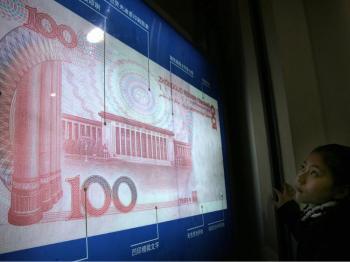
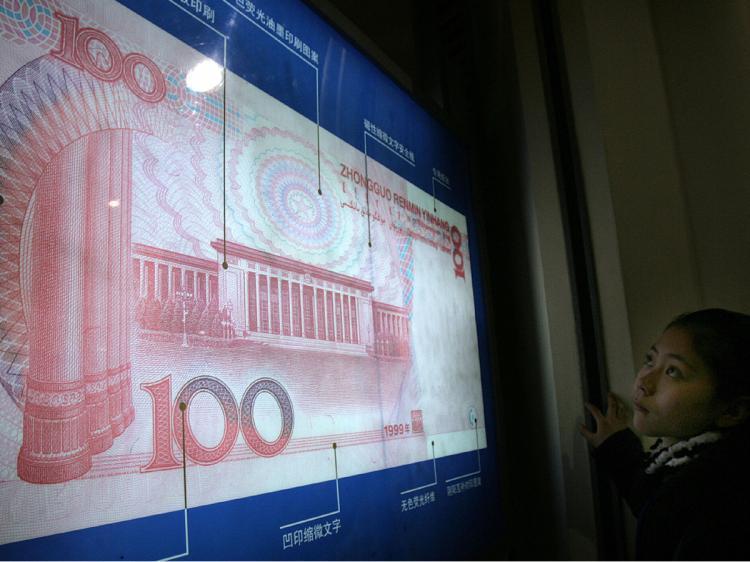
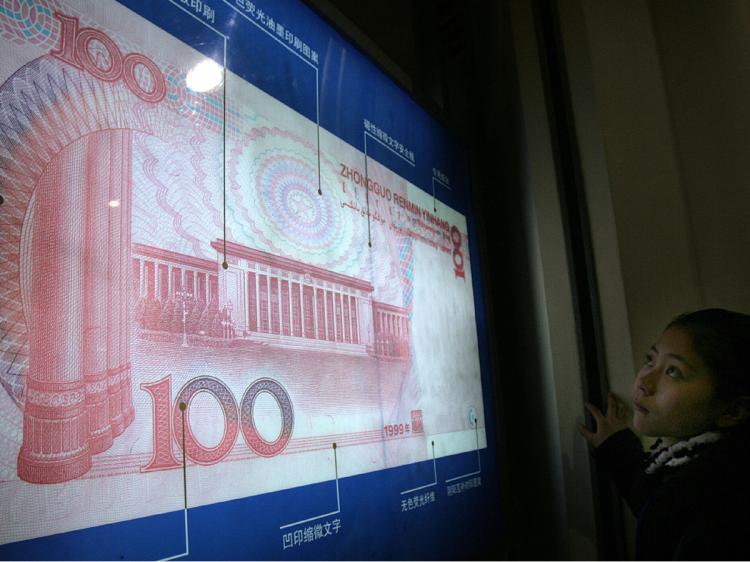
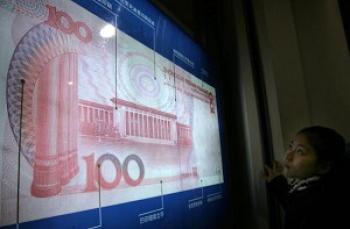
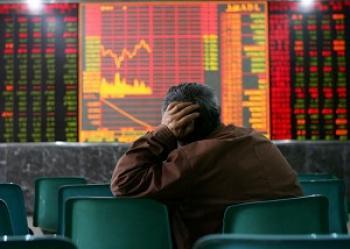
Friends Read Free